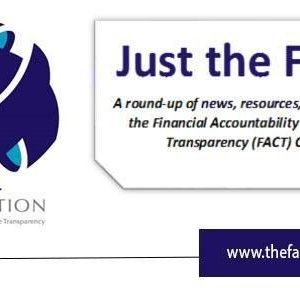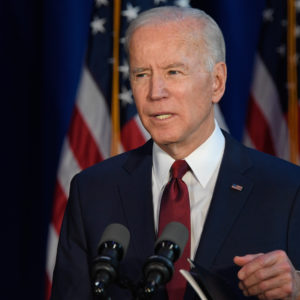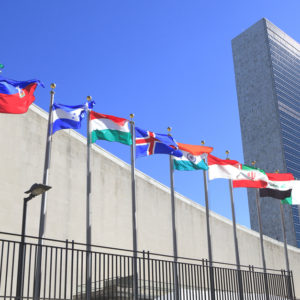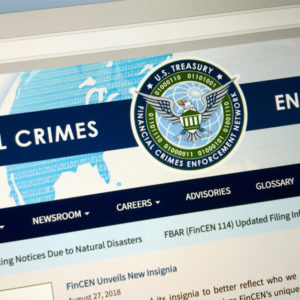
Just the FACTs: November 20, 2020
More than a decade after FACT Coalition member organizations began working to end anonymous companies, Congress is nearing the finish line to finally pass a bill that could do just that.
Money laundering fuels everything from terror finance and sanctions evasion to human trafficking and corruption. However, experts warn that our anti-money laundering efforts are on the brink of failure, as law enforcement only interdicts less than one-half of one percent of the trillions of dollars laundered each year. We need a new approach to addressing money laundering and the dangerous threats to our safety and security from the crimes funded through illicit finance.


More than a decade after FACT Coalition member organizations began working to end anonymous companies, Congress is nearing the finish line to finally pass a bill that could do just that.

FACT sent policy recommendations for the FACTI Panel final report.

FACT sent comments to ANPRM on AML Program Effectiveness.

FACT makes recommendations to President-Elect Biden’s transition team to advance corporate and financial transparency and tax reforms.

A new UN report exposes major shortcomings and systemic problems in the global framework to combat tax abuse, corruption, and money laundering.

A new investigation published by a global network of news outlets reveals major flaws in U.S. anti-money laundering safeguards.